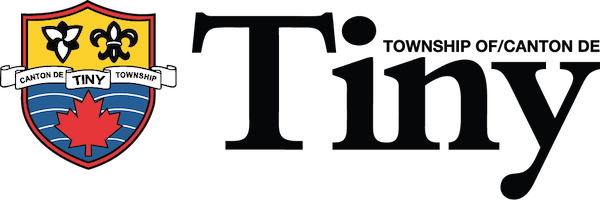Canada Geese are protected under the Migratory Birds Convention Act, and it is illegal to interfere with the bird or to disturb the nests without special permission from the Canadian Wildlife Service.

Geese Management and Carcass Removal
Canadian Geese Management
No one solution will address all the concerns with growing geese populations. The solution requires a consistent, cooperative approach between individuals, community associations and various levels of government using a variety of methods over a period of time. Public education and active dialogue are necessary to inform residents about the nature and extent of the issue and control techniques currently available and to develop acceptable strategies to effectively meet the challenges posed by growing geese populations.
Consider some of the following deterrent techniques, either individually or in concert with your neighbours or local association:
- Reduce the attractiveness of your property to geese by not locating manicured lawns next to the water, and by maintaining shoreline buffers of tall grasses, shrubs, hedges, low walls or fences.
- Discourage nesting with scare tactics as soon as the geese arrive to keep them from settling on your property. Noisemakers, strobe lights, reflective tape, models of predators such as eagles or owls, and trained dogs may be useful in the short term, but must be varied frequently and continuously since the geese adapt quickly to the disturbance. Remember, these techniques may annoy your neighbours and push the problem to neighbouring areas.
- Don't feed the geese! This may not keep them away, but at least it doesn't put out the welcome mat.
- Obtain a permit through the Canadian Wildlife Service to sterilize eggs during nesting season (mid-April through mid-May). Egg oiling effectively prevents hatching without triggering the female to lay a new batch of eggs. For more information on recommended oil and oiling techniques, contact the Public Works Department by calling (705) 526-4204 ext. 5.
- Obtain a permit through the Canadian Wildlife Service to discharge a firearm. Kill permits, subject to strict controls, may be issued if other techniques have proven ineffective and damages are severe.
Carcass Removal & Die-Offs
To report carcasses in public Township of Tiny properties (i.e public beaches, parks, trails, roads), call the Public Works Department at (705) 526-4204 ext. 5. Private shoreline property owners and members of the general public can report dead or dying waterfowl to the Canadian Cooperative Wildlife Health Centre at 1-866-673-4781. To report mass die-offs, please call the Ministry of Natural Resources and Forestry at 1-800-667-1940.
For more information, please visit the Ministry of Natural Resources website.
Please note that Township staff will not enter private property to dispose of a carcass.
Although this matter is under the jurisdiction of the Ministry of Natural Resources and Forestry and is beyond the normal scope of work of the Municipality, the Township provides a disposal assistance service for private Municipal properties as a means to support residents in disposing of the dead birds and fish. Assistance is provided only to residents who call the Township directly to avoid having bags of dead carcasses sitting, uncollected on the roadside.
During regular office hours (Monday to Friday, 9:00am to 4:30pm), call the Public Works Department at (705) 526-4204 ext. 5 to report that you will be collecting a carcass for disposal. Wearing rubber gloves, collect the carcass and place it in a double-bagged black garbage bag by the roadside. Calls received after 2:00pm each day will not be acted upon until the following business day. Bags should not be left at the roadside overnight as they may be destroyed by scavengers.
